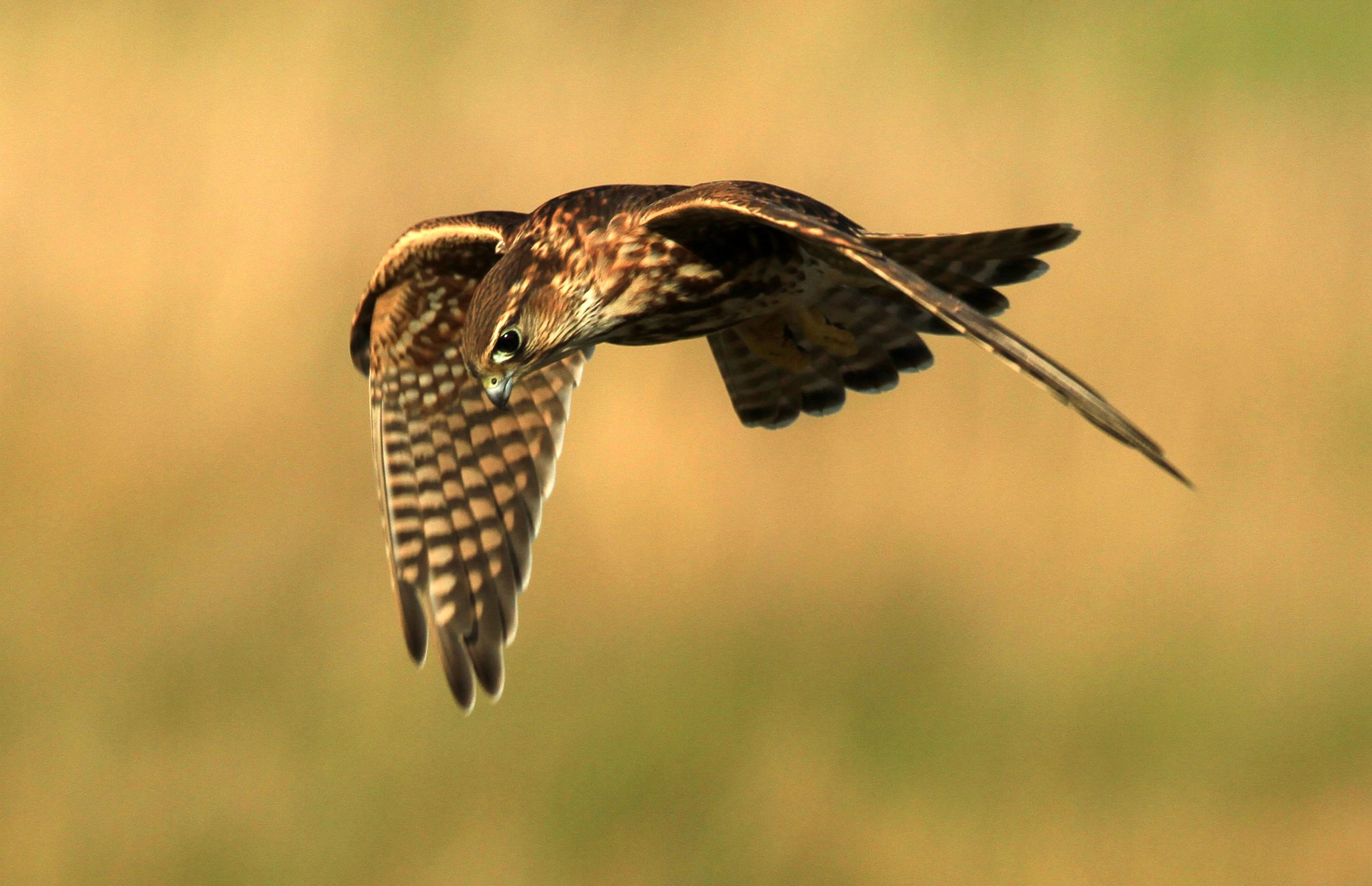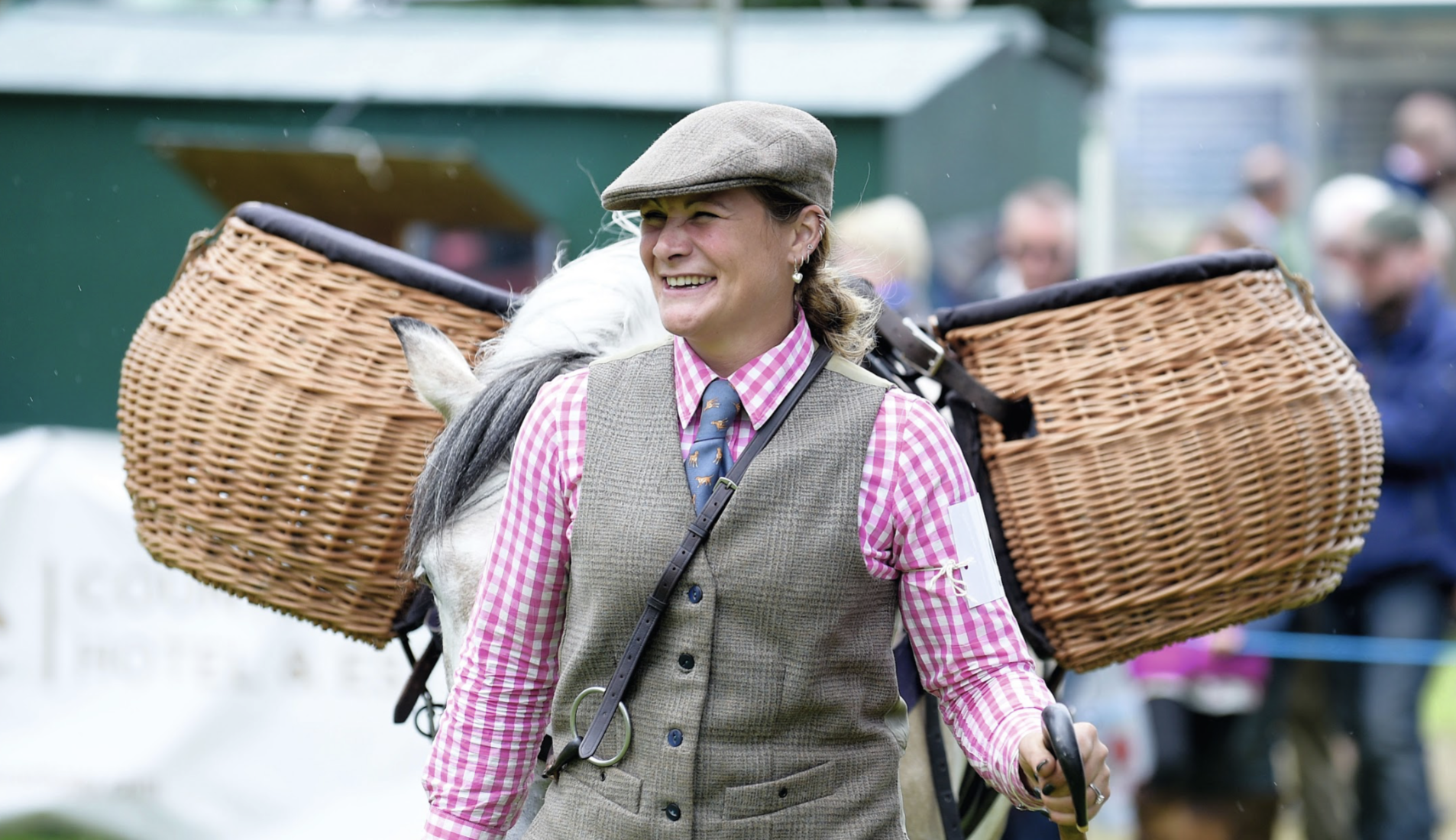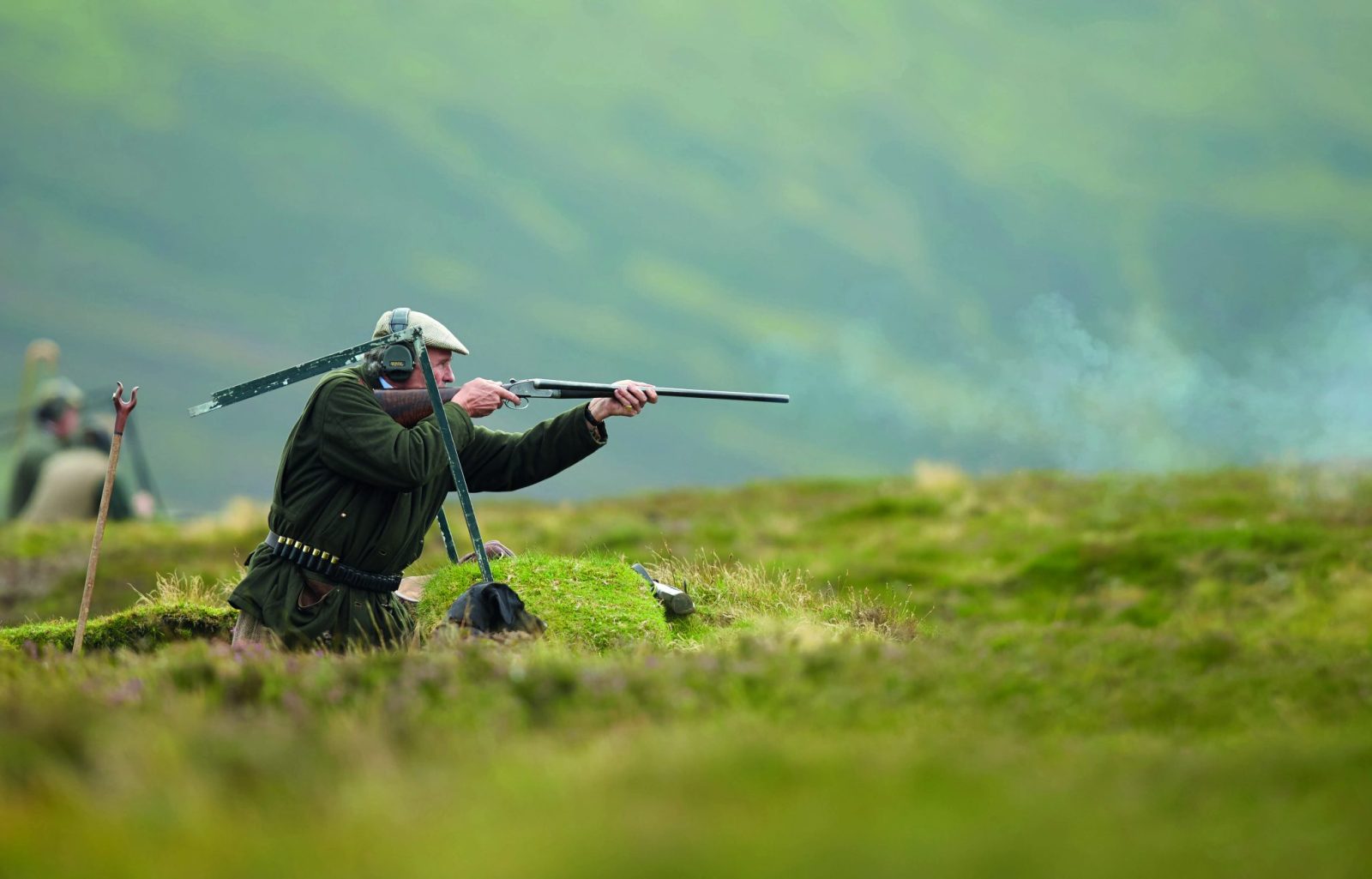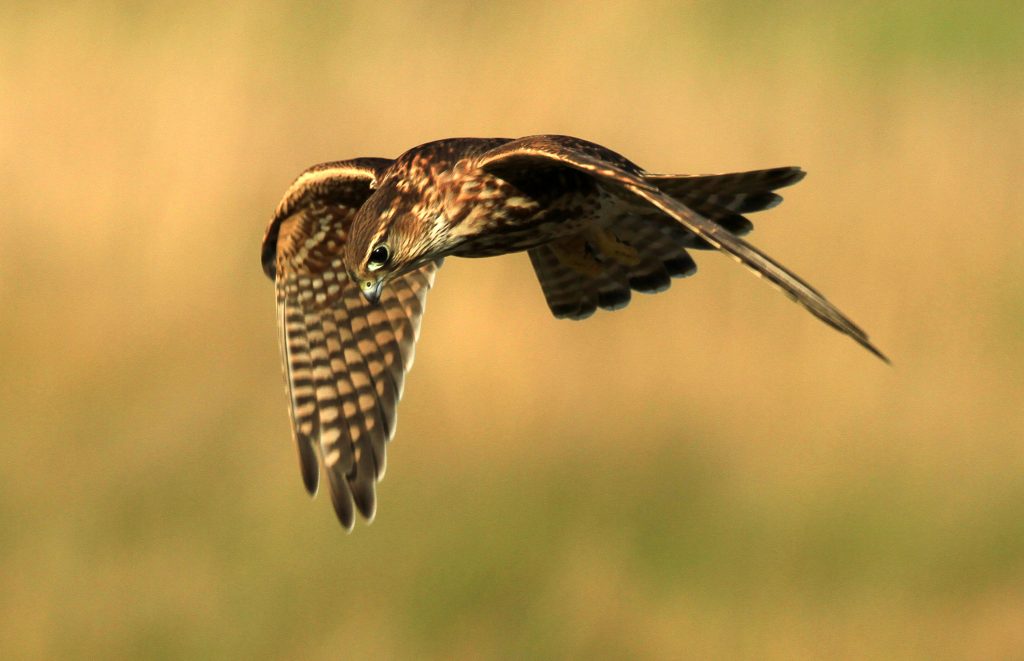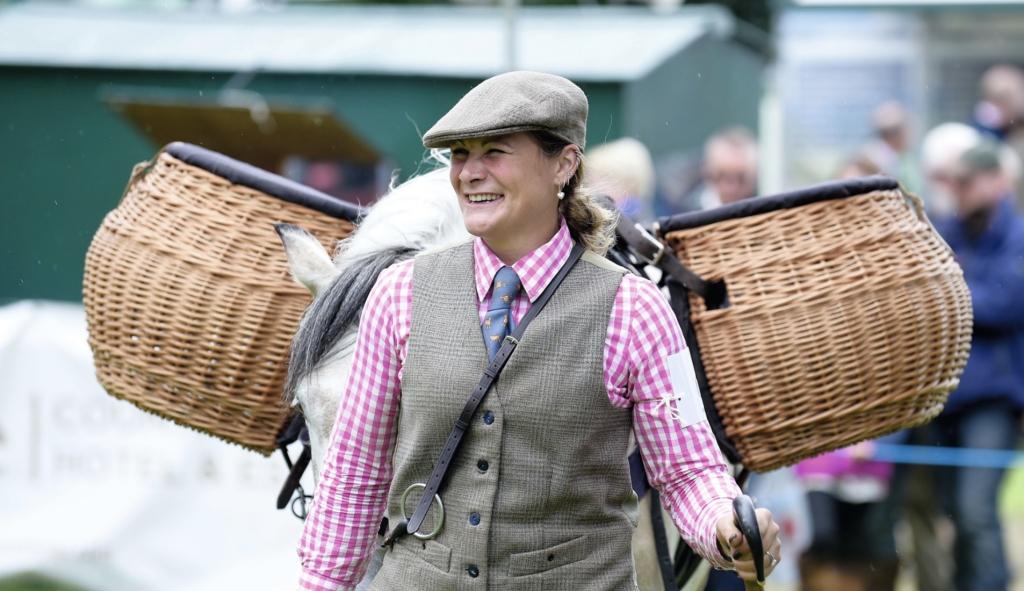Win CENS ProFlex DX5 earplugs worth £1,149 – enter here
News
“Birds are no longer enough for the RSPB”
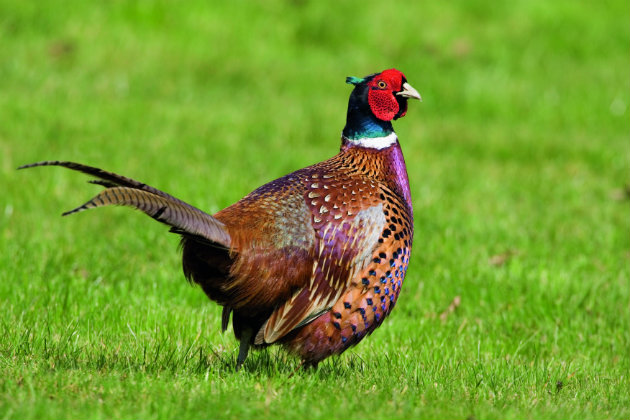
Three cheers for Sir Ian Botham for having the balls to take on the RSPB, a charity rightly accused of “forgetting the birds”. Founded in 1889 as the ‘Plumage League’ by ladies with concerns about the enormity of the feather trade, where birds suffered persecution in the name of fashion, the RSPB is now the largest wildlife charity in Europe, boasting 1,000,000 members, 2,000 employees, 212 nature reserves, more than 321,237 acres of land and an income of £100m.
We live in a pluralist society with many thousands of pressure groups all pushing their chosen interest. The RSPB lobbies government about many issues concerning birds, but now it seems birds are no longer enough. This empire-building organisation worries that it is just seen as a birdwatching club. Back in January, The Economist reported that the RSPB was concerned with diminishing membership numbers in 2013/14 when other organisations had grown. Its magazine, Birds, changed its name to Nature’s Home, and hedgehogs and red squirrels were seen as suitable heart-wrenching membership recruiters, rather than just birds.
Sir Ian also accuses the RSPB of having a political agenda and being a giant fundraising machine. Indeed, the RSPB has even been reported to the Charity Commission, with allegations that less than the claimed 90p in the £1 is spent on conservation.
Confused arguments from the top
Mike Clarke, the chief executive of the RSPB, recently hit out at the estimated 50 million game birds released each year. He stated that it is “ecologically naive” to think this amount of biomass – similar to the total biomass of all other wild birds – will not impact upon native species, populations and food. Mr Clarke is correct, of course the release of such numbers has an enormous impact.
The millions of game birds released require many thousands of acres of cover crops, which are essential to small birds existing on farmland that is otherwise almost entirely devoid of winter food. Game birds require hundreds of thousands of tons of feed, which is shared with every small seed-eating bird in the vicinity – again essential for winter survival. The millions of game birds released need warm woods and good hedges – in short, good habitat – as do all the other creatures struggling to find such areas. They require predator control, essential for all ground-nesting birds, especially the rapidly disappearing lapwing, stone curlew, grey partridge and skylark. Mr Clarke may not admit it, but the millions of game birds have been instrumental in the population explosion of kites, buzzards and other raptors, providing a stocked larder.
Mr Clarke went on to say that there has been a marked increase in the intensity of some grouse moor management, especially in England.
Alan Edwards has worked tirelessly for the moorland branch of the NGO; he is a well-respected keeper and someone I am proud to call a friend. Alan knows all there is to know about moorland management. Some years ago he was involved in a three-year joint project with the RSPB studying curlew breeding success on three sites. One was in Northern Ireland, one in the Lake District and the third was Alan’s moor in County Durham. The head of the RSPB research team in an initial assessment described Alan’s level of predator control as “obscene”. This was a comment based upon the complete lack of corvids in spring and the fact they never saw a fox, unlike in the other two areas where flocks of crows and foxes were seen regularly, a situation the RSPB would no doubt describe as “healthily diverse”.
At the end of the three-year study attitudes were much changed: in both the unkeepered Northern Ireland and Lake District study areas not one curlew had fledged as all had been predated. On the keepered moor, 40 per cent of all eggs laid ended up fledged and, to be fair, the RSPB report wasted no time in responding positively. Its conclusion was that if something were not done to manage the curlew (control predators), they would be lost as a breeding species in Northern Ireland and the Lake
District – the 100 per cent loss was unsustainable. Perhaps Mr Clarke would do well to read the RSPB research before he jumps to conclusions about grouse moor management.
Condemn the cat!
For me, the greatest disgrace among just about any pressure group is the RSPB stance on cats. I first wrote about their disastrous effects upon our wildlife over 20 years ago and have harped on about them ever since. Some 10 million cats in this country are devastating our wildlife, particularly songbirds, and the one organisation that should be pushing for compulsory control is the RSPB. Little if any research into the killing rate of cats in the UK has taken place. Shouldn’t our wealthiest pressure group have carried out such a task?
Instead we have to look to the US, where it is estimated that domestic and feral cats are responsible for the death of between 1.3 and four billion birds annually (Smithsonian Conservation Biology Institute). On top of these disastrous figures may be included billions of small mammals, reptiles and amphibians. In the UK, the Mammal Society estimates that cats in Britain kill 275 million prey items, of which 55 million are birds.
The RSPB response to this wildlife holocaust is that “there is no evidence that cat predation is having any impact upon bird populations”. Unbelievable. They then go on to say that “most of the birds killed by cats would have died anyway, from other causes”. That would be sparrowhawks.
Mark my words, the way things are going, the RSPB will shortly change its name to something to include all wildlife. Birds are no longer enough. Perhaps that would be a suitable name for this awful organisation.
So our very own Beefy is taking them on. What the RSPB perhaps fails to realise is that Sir Ian’s views extend to some powerful individuals and a great number of sensible British people who partake in fieldsports and/or love our birds – grassroots individuals who are appalled at the behaviour of Europe’s wealthiest, most powerful wildlife disappointment.

